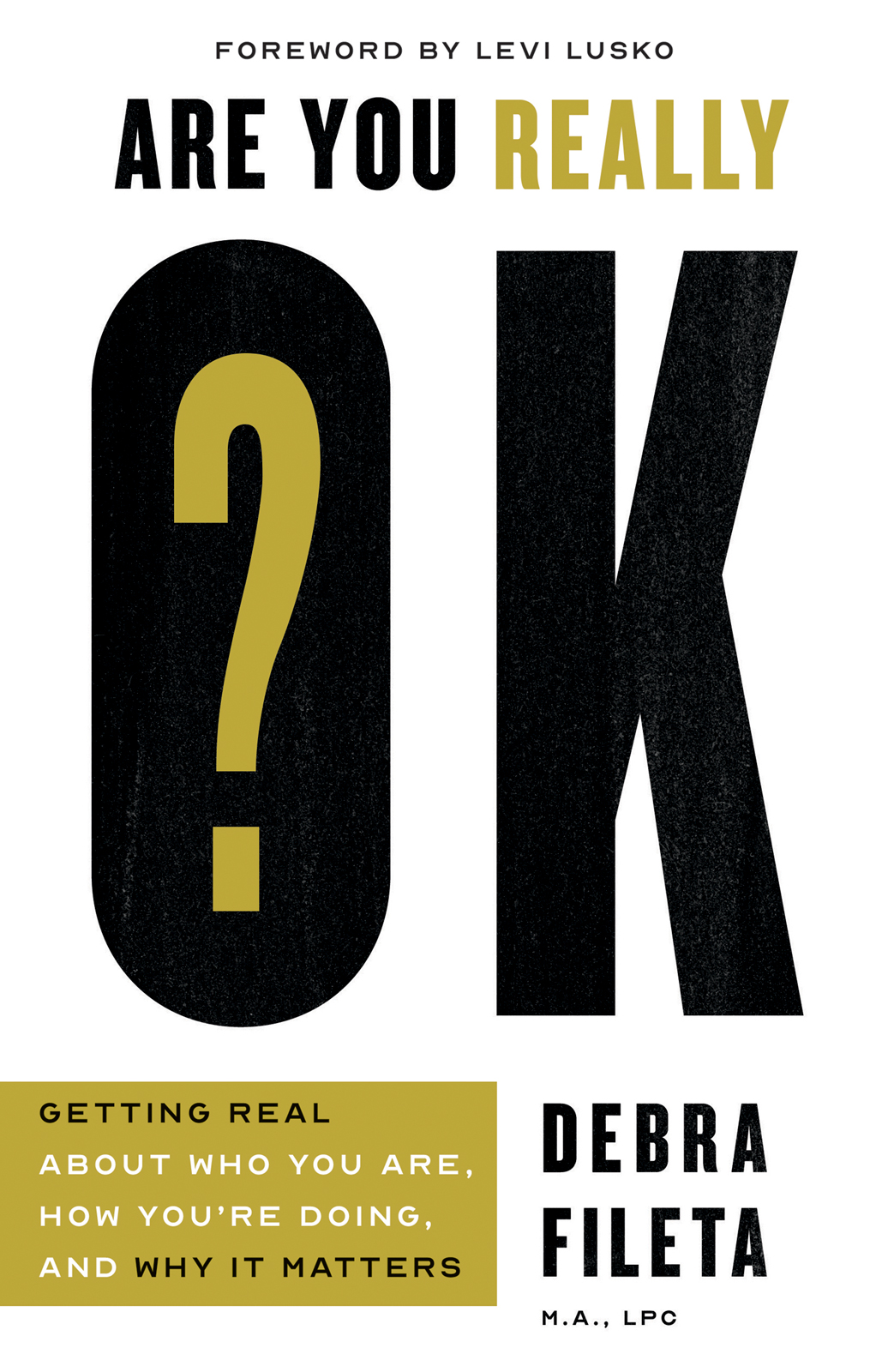
Sign Up for Updates
Connect
TOPICS
- Latest Blog
- Fiction
- Inspirational/Devotional
- Men's Christian Living
- Prophecy
- Women's Christian Living
- View All
ARCHIVES
An Open Letter to the Depressed Christian
Posted on Apr 15, 2021 Topic : Inspirational/Devotional, Men's Christian Living, Women's Christian Living
Posted by : Debra Fileta

As a licensed counselor, it breaks my heart to hear the myths and lies that Christians believe about depression and mental illness in general, and the shame that can be felt surrounding this topic. As I’ve interacted with more and more people on this topic over the years, I’ve noticed that there are a few false ideas that continue to be perpetuated among believers.
First and foremost is the false notion that you must be “weak” if you struggle with mental illness, as though your struggle is a reflection of your strength. Second, and one that I hear most often, is that a struggle with mental illness signifies a lack of faith or a problem in your walk with the Lord. Third, a false statement that tends to circulate among Christians is that the only thing you need to get through the struggle is prayer and God’s Word.
My friend, these statements couldn’t be farther from the truth and cause so much damage inside people who are struggling. If you’ve ever heard any of the false statements above, here’s what I really need to understand:
1. Your Struggle Is Not a Reflection of Your Strength
Strength doesn’t mean a lack of struggle; strength means getting through each day. Strength means asking for help. Strength means understanding your limitations and resetting your expectations. Strength means clinging to the truth. Strength means believing there is a light at the end of the tunnel, even when you can’t see it. And ultimately, strength means recognizing that when we are feeling weak, there is One who makes us strong (2 Corinthians 12:9-11). When God is our strength, nothing and no one can stop us. And because of this, you my friend, who are enduring this painful struggle, are one of the strongest people on the face of this earth. Don’t ever believe otherwise.
2. Your Struggle Is Not a Reflection of Your Faith
Some days, in the hardest moments, faith was the only thing I had to hold on to. Not only is it false to believe that struggling with mental health issues is a reflection of your faith, but it’s the antithesis of the entire message of Christ. As believers, we are never promised a pain-free, disease-free, struggle-free life. In fact, Jesus reminds us that in this world we will struggle (John 16:33). But in our struggle, we’re promised a Savior, a Comforter, and a Friend. I look back at the hardest moments I have faced with depression and anxiety, and I see Jesus right by my side. My ever-present help in time of need (Psalm 46:1). If God is near to the broken-hearted, then you are closer to God in this moment than ever before.
3. Your Struggle Can Be Alleviated
Through my journey of depression and anxiety, I’ve learned that faith and action go hand in hand. When Jesus healed the paralytic at the pool of Bethesda, He told him to “get up… and walk” (John 5:8). Walking while paralyzed doesn’t seem possible—just as impossible as it often seems to be able to “live” while struggling with depression or anxiety. But Jesus reaches out His hand and tells us to get up and walk. Take the next step. And trust God to give you the strength you need to take that next step. Taking action in this area of our life means understanding the role that counseling and medication play in alleviating our struggles. They’re primary means of taking initiative toward mental health, and they’re effective!
Just as we would never shame a cancer patient or a diabetic for their hurting bodies, we need to shift our perspective to see mental illness as a struggle of the brain and body.It’s not only okay, but it’s necessary to seek therapy, and then assess your need for medication. There are many causes to mental illness, and whether it’s rooted in trauma, hormones, chemical imbalance, or stress, it seeps into every part of your life. It’s up to you to make sure you’re getting the help you need and taking care of yourself no matter what anyone else thinks or believes. Don’t let cynicism, fear, or apprehension or the faulty beliefs of others stop you from giving yourself the gift of healing.
My deepest prayer is that, as a body of believers, our attitudes would shift and our hearts would change as we face this important issue—that we would create an environment where we embrace and encourage those who are struggling with mental illness and in pain, rather than pushing them away.

Read more in Are You Really OK? by Debra Fileta

